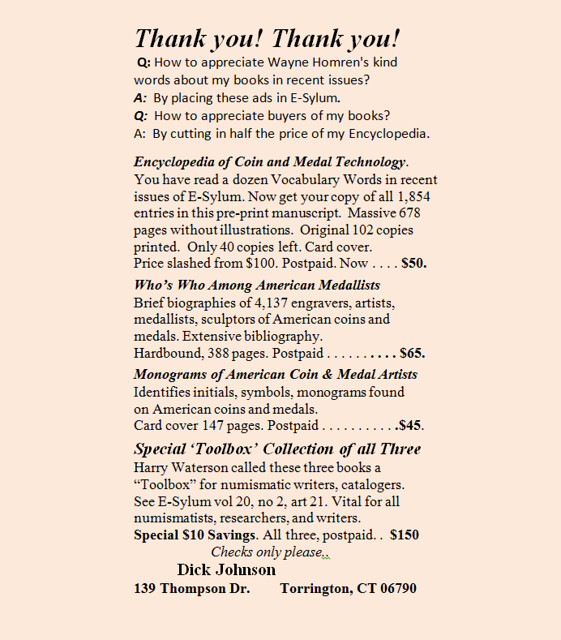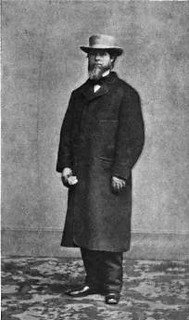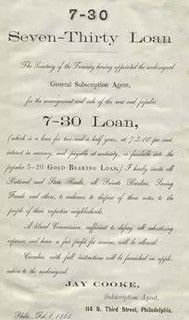
PREV ARTICLE
NEXT ARTICLE
FULL ISSUE
PREV FULL ISSUE
HOW AMERICA PAID FOR THE CIVIL WARPablo Hoffman of New York City forwarded this book excerpt from Jay Cooke's Gamble by M. John Lubetkin, published in the Delanceyplace blog. Thanks! -Editor
"Jay [Cooke]'s tiny banking house [in Philadelphia] opened just as the Civil War began, The first lengthy conflict of the industrial era, the war forced both sides to design, construct, and operate effective logistical systems as well as to raise money systematically. Besides raising taxes, another option was to print paper money and hope for battlefield success. This salutary approach (if one is not upset by inflation) worked quite well for the South but proved flawed after Gettysburg and Vicksburg. Unfortunately for the North, the Treasury had just $1.7 million in hand when Lincoln took office and was soon spending a million dollars a day. Given the lack of cash and what little tariffs and fees brought in, the federal government decided to assume a 90-day war. "Neither [Treasury Secretary Salmon] Chase nor Lincoln wanted to finance the war by printing money or adding high income taxes; so they temporized, attempting to sell bonds. "Following Fort Sumter, Cooke was determined to assist the North. ... While most Northern states gave the federal government men, equipment, and cash, Pennsylvania, which had promised 10,000 troops, was stymied because of previous bond defaults. Cooke volunteered to sell the bonds but was rebuffed. He then watched helplessly as the state's financial officials discovered that they could not sell the bonds. Finally, they sheepishly came back to him. Upon receiving approval on May 28, Cooke charged ahead with his old friend Anthony J. Drexel, Philadelphia's dominant banker. In three weeks they sold over $3 million in bonds. Cooke himself subscribed $10,000, which became public knowledge and added to the public's faith in him: he sold only securities in which he also invested.
To read the complete article, see:  Wayne Homren, Editor The Numismatic Bibliomania Society is a non-profit organization promoting numismatic literature. See our web site at coinbooks.org. To submit items for publication in The E-Sylum, write to the Editor at this address: whomren@gmail.com To subscribe go to: https://my.binhost.com/lists/listinfo/esylum All Rights Reserved. NBS Home Page Contact the NBS webmaster 
|

